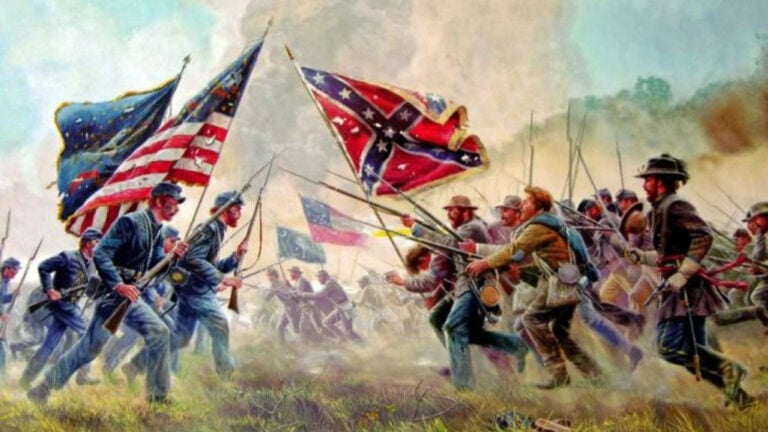
Soldier's Heart
CIVIL WAR
The term Soldier’s Heart was used to describe combat stress as physicians inaccurately believed symptoms were a result of cardiovascular ailment.

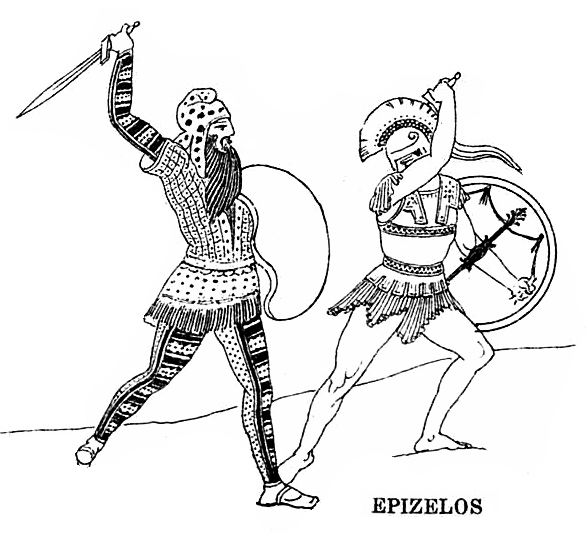

Soldier's Heart
The term Soldier’s Heart was used to describe combat stress as physicians inaccurately believed symptoms were a result of cardiovascular ailment.
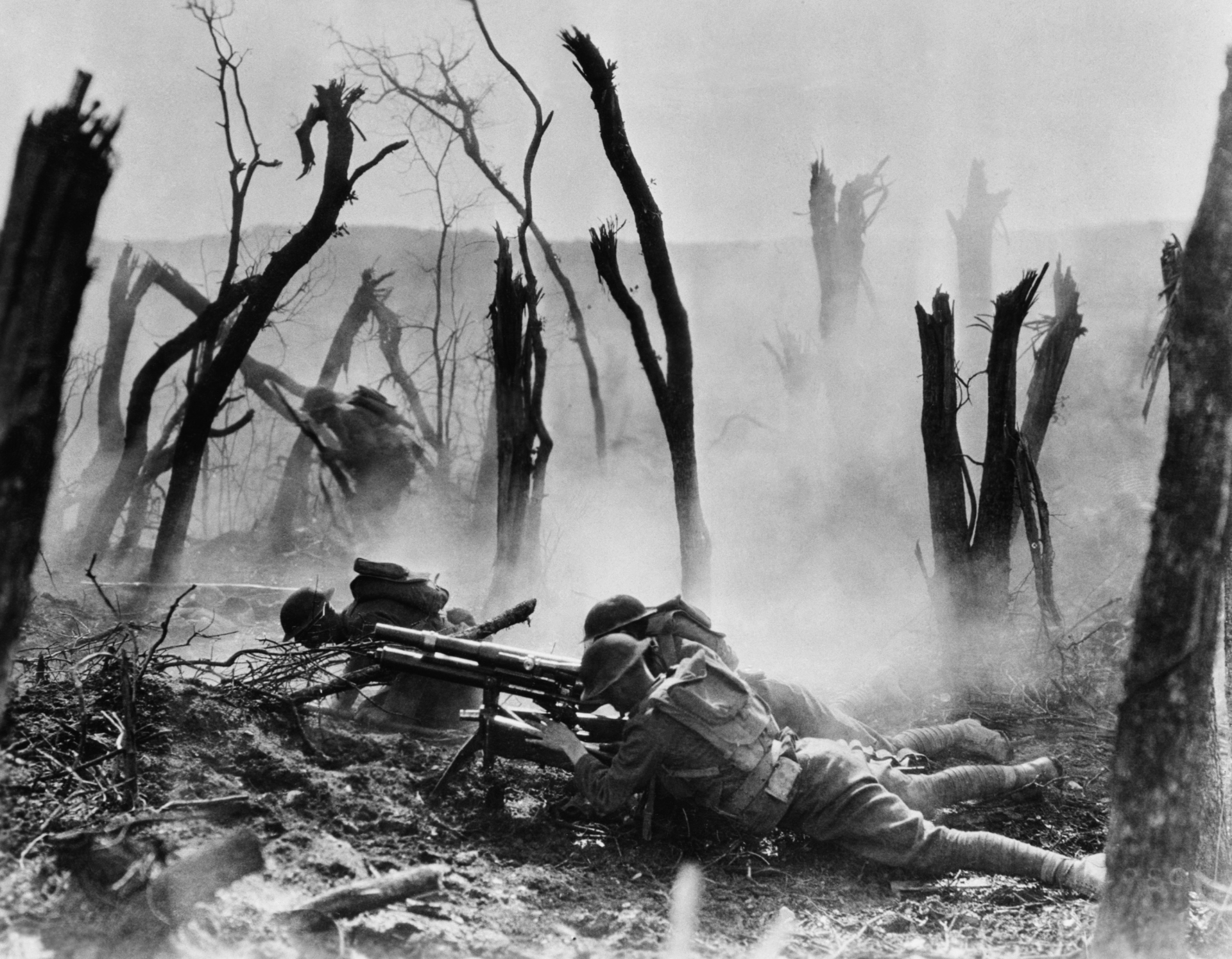
Shell Shock
Shell Shock would be the term used to describe the symptoms by the first World War.
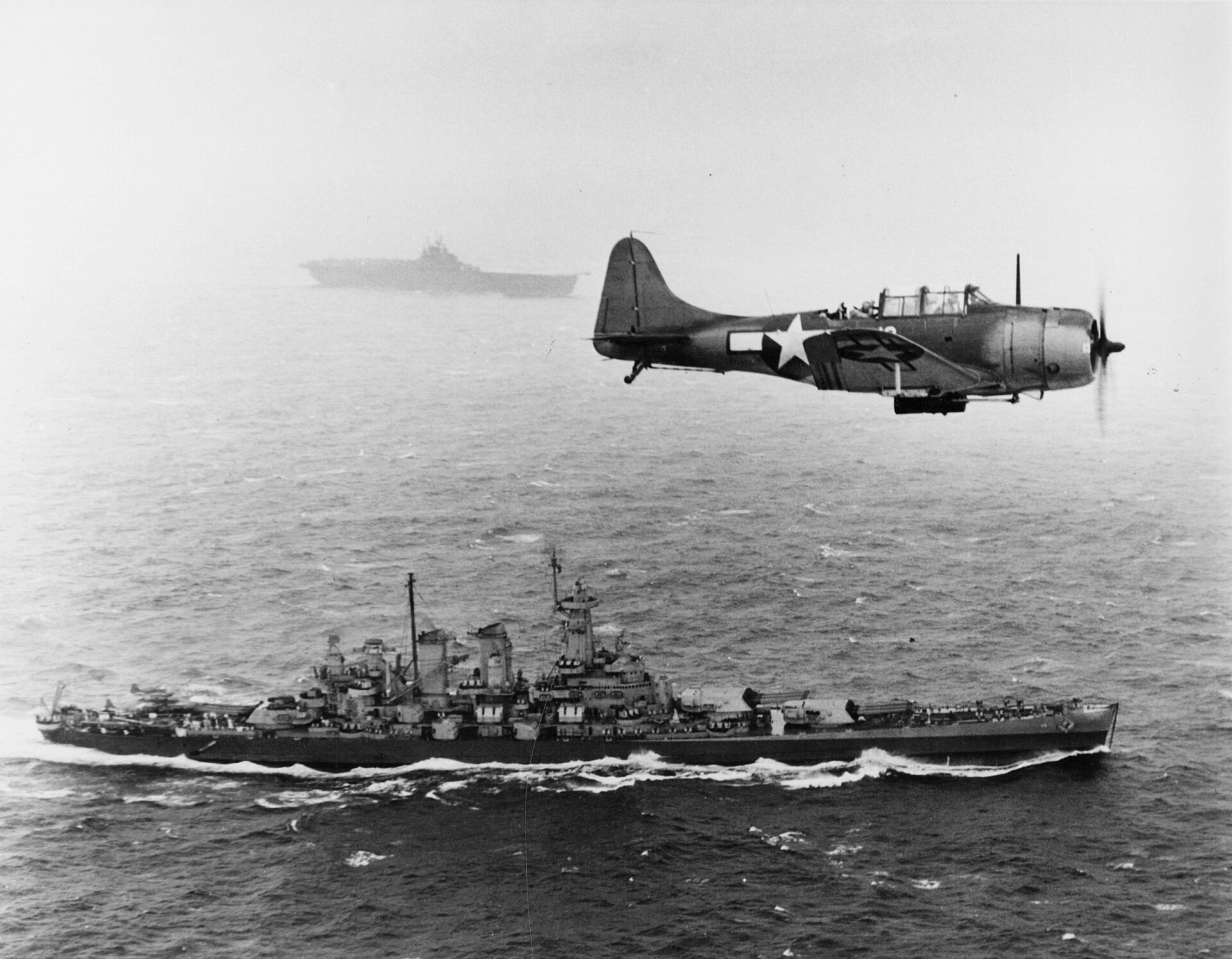
Battle Fatigue
By the second World War, physicians began to understand the symptoms and tested new methods to treat Battle Fatigue.
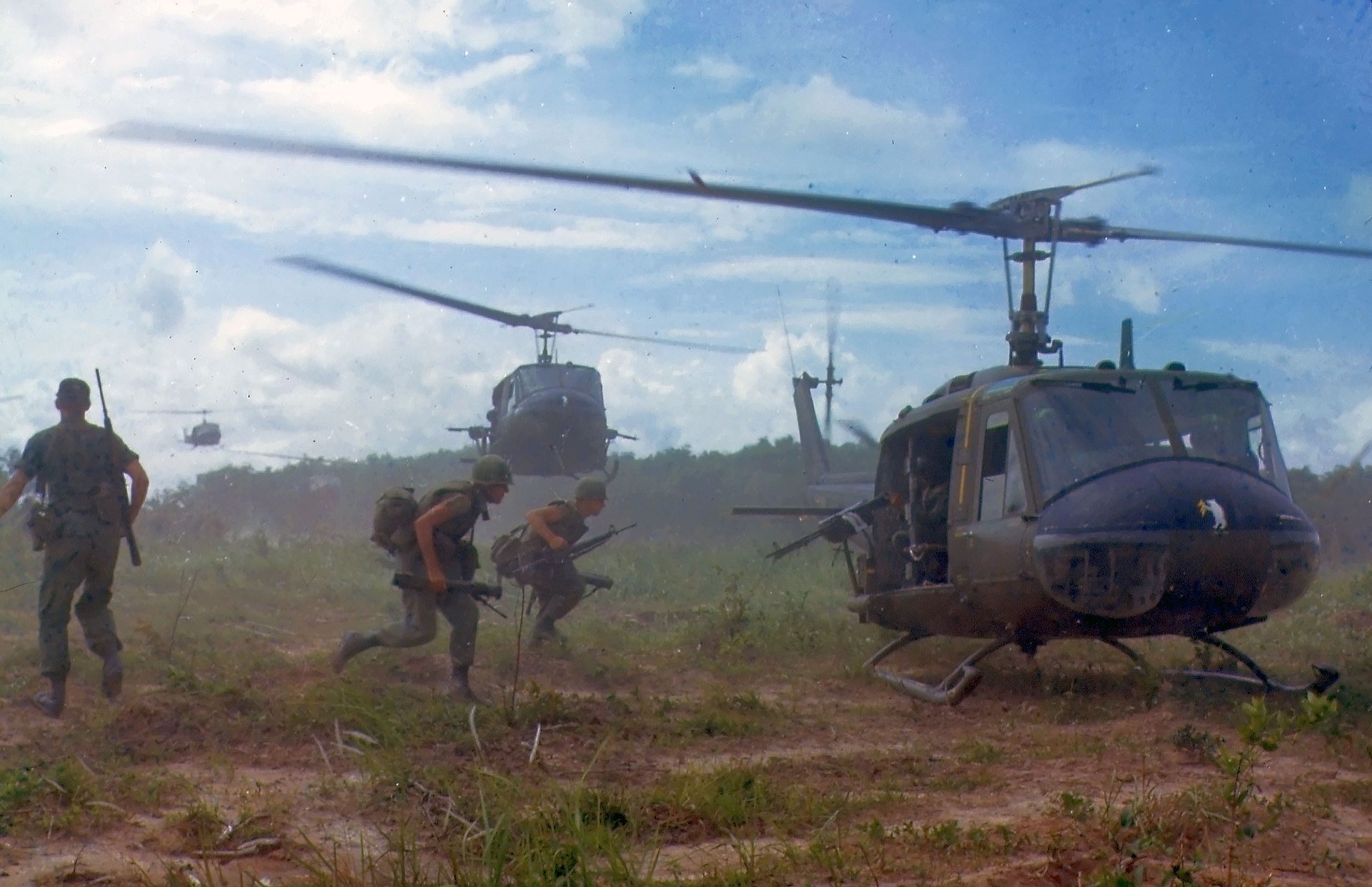
PTSD
By 1980, only five years after the Vietnam War, was PTSD officially recognized as a mental health condition.
While civilians slowly recovered from the trauma of the 9/11 attacks, our nation's bravest men and women endured countless deployments during the longest war in American history. Symptoms of PTSD would be further complicated from an increase in Traumatic Brain Injuries (TBI) due to enemy tactics that relied heavily on remotely triggered explosives.
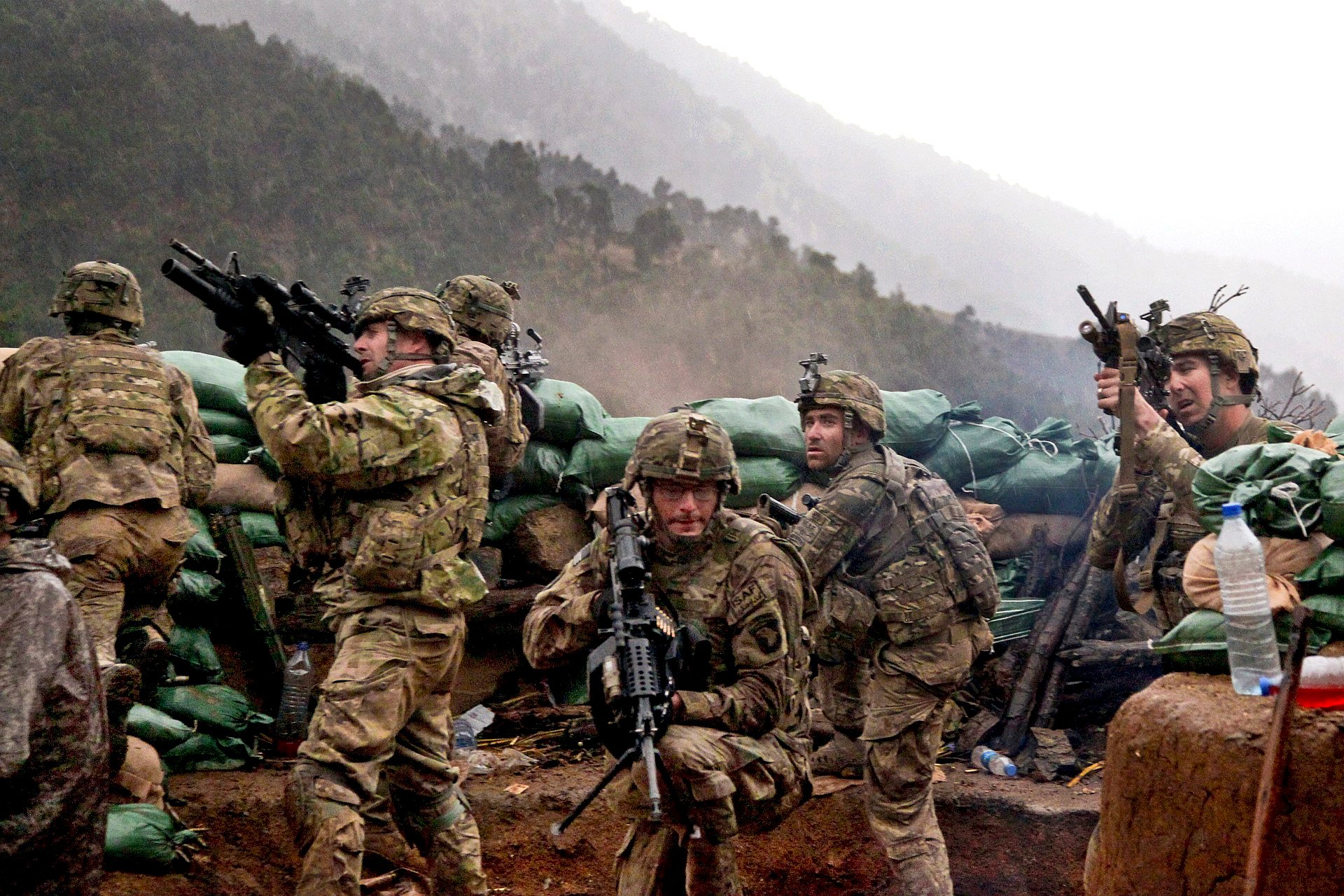
Despite it being a centuries old condition, there is no cure.
But…
There is hope.